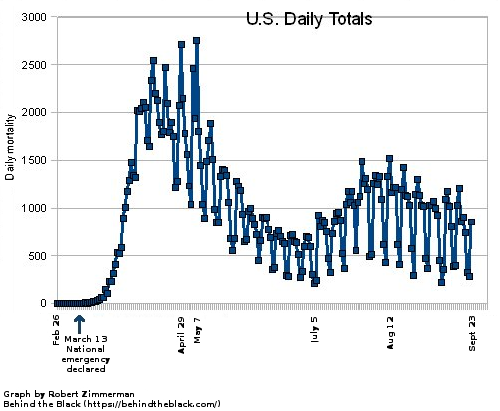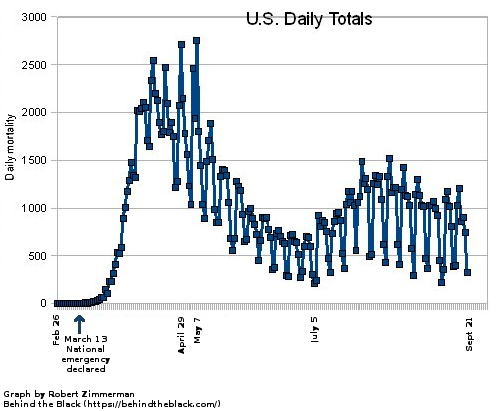ISS air leak still unlocated
The small air leak that was found on ISS a year ago has still not been located, despite a second weekend where the crew isolated themselves in one module and closed the hatches on all other modules so that ground engineers could track any air supply changes.
At a Sept. 28 briefing about the upcoming Northrop Grumman NG-14 Cygnus cargo mission to the station, a NASA official said that the weekend isolation in the Zvezda module failed to immediately locate the source of the leak. “As of this morning, there was no clear indication of where the leak is,” said Greg Dorth, manager of the ISS Program External Integration Office at NASA. “The teams are still looking at the data and evaluating it.”
This was the second time the ISS crew confined themselves to Zvezda in an effort to track down the leak. A month earlier, the three also spent a weekend in Zvezda with the other modules sealed off in an effort to locate the leak. “After the three days, there was no indication of where the leak was coming from,” Dorth said.
This latest test, he said, featured some “slightly different configurations” in both the U.S. and Russian segments, although he did not elaborate on the differences between the two tests. In addition, Cassidy used an ultrasonic leak detector to see if the leak was coming from Zvezda itself.
These tests were possible since mid-August because there were only three people on station, allowing them to be confined to one module for a period of time. Moreover, during this time no other spacecraft have arrived or left. It is suspected that the leak is most likely coming from the connection point between two modules, and adding or removing a Soyuz, Dragon, or freighter to the station shifts its center of gravity, changing the stress points at those connections.
The small air leak that was found on ISS a year ago has still not been located, despite a second weekend where the crew isolated themselves in one module and closed the hatches on all other modules so that ground engineers could track any air supply changes.
At a Sept. 28 briefing about the upcoming Northrop Grumman NG-14 Cygnus cargo mission to the station, a NASA official said that the weekend isolation in the Zvezda module failed to immediately locate the source of the leak. “As of this morning, there was no clear indication of where the leak is,” said Greg Dorth, manager of the ISS Program External Integration Office at NASA. “The teams are still looking at the data and evaluating it.”
This was the second time the ISS crew confined themselves to Zvezda in an effort to track down the leak. A month earlier, the three also spent a weekend in Zvezda with the other modules sealed off in an effort to locate the leak. “After the three days, there was no indication of where the leak was coming from,” Dorth said.
This latest test, he said, featured some “slightly different configurations” in both the U.S. and Russian segments, although he did not elaborate on the differences between the two tests. In addition, Cassidy used an ultrasonic leak detector to see if the leak was coming from Zvezda itself.
These tests were possible since mid-August because there were only three people on station, allowing them to be confined to one module for a period of time. Moreover, during this time no other spacecraft have arrived or left. It is suspected that the leak is most likely coming from the connection point between two modules, and adding or removing a Soyuz, Dragon, or freighter to the station shifts its center of gravity, changing the stress points at those connections.



